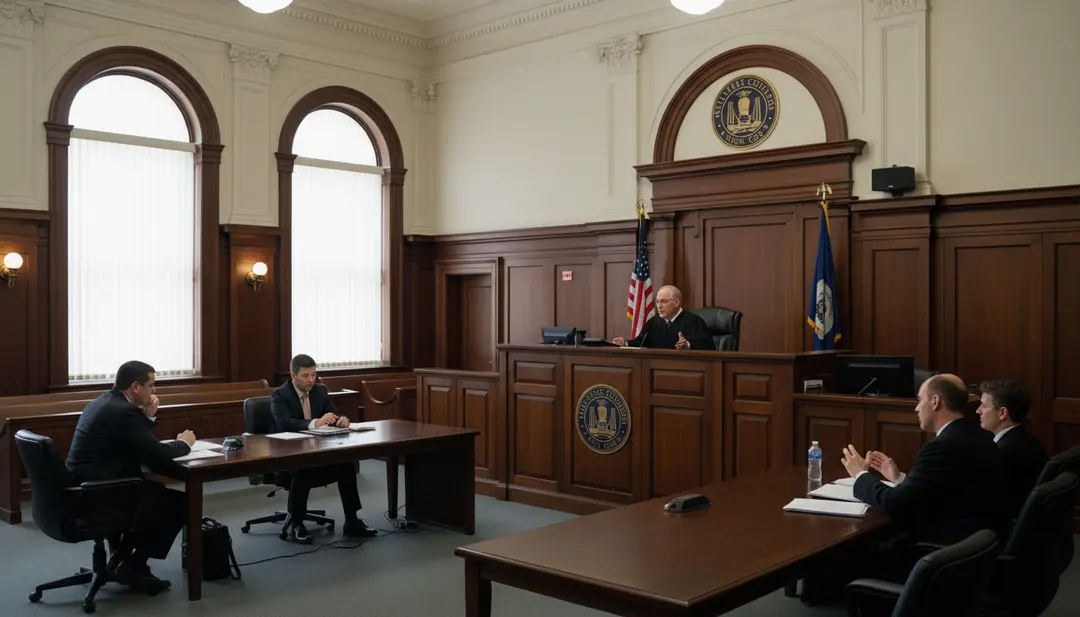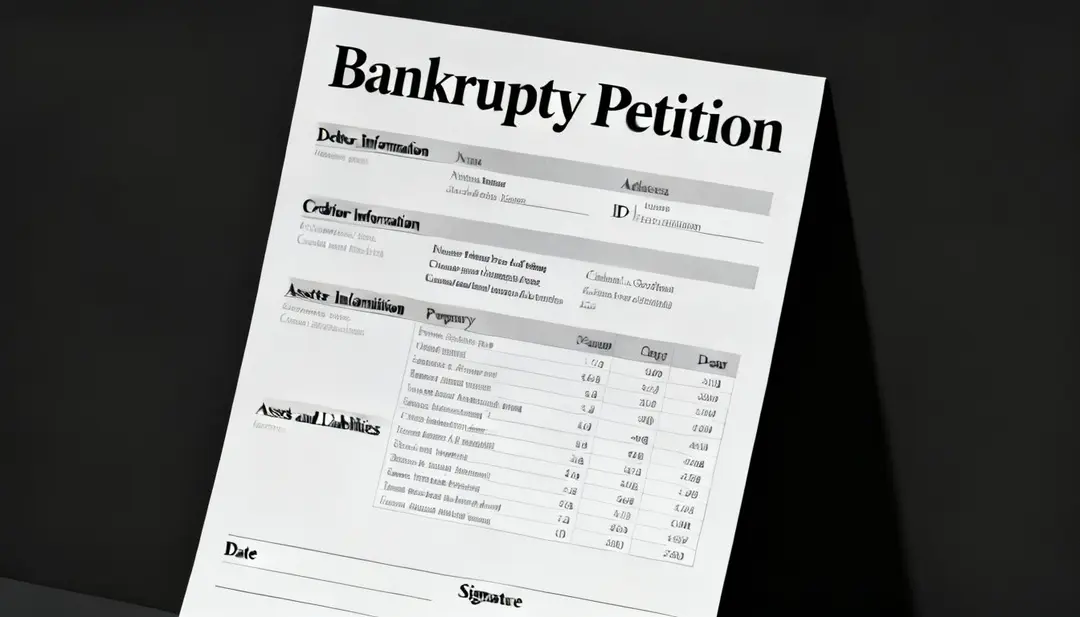Virtual Meetings and Electronic Voting for Arizona HOA Boards
Our Associations have taken notice of the efficiencies and cost savings offered by new virtual methods of public. They are simply too good to be ignored. But their dangers are not always obvious.
While our advice may be cutting edge, the legal landscape we live and work in is still digitally lacking. Our statutes and community documents still require notice be sent postage paid. Exceptions carved out in the law for remote meetings were intended to address the advent of Telephone Conferencing, not computers. We expect the legislature may hear something about electronic mail in the next decade or so. Until then, we have no guidance beyond the statutes… and our wits. How is an Association to know if a technology solution is a balm or a bomb?
Well, it requires a case-by-case assessment by a qualified attorney! But before we get to our shameless plug, let’s take a look at the two most popular and impactful technologies we get questions about all the time: virtual meetings and electronic mail!
Virtual Meetings – Balm for a Tortured Board?
Virtual meeting technology synergizes well with Arizona open meetings laws! The archaic telephone conferencing laws we mentioned are very helpful here. Virtual meetings are not a solution for every problem, but these following pointers will help you identify the pitfalls and powers presented by taking your meetings into virtuality:
- Check with counsel before adopting virtual, digital, or electronic technologies. Your Association may have terms in the CC&Rs, Bylaws, or Articles of Incorporation that pose a unique obstacle to your Association’s adoption of a new technology for operating purposes. Let counsel identify these issues first, lest an unsavory Member do so after the next annual meeting.
- Don’t assume your Members are tech savvy! Provide your Members clear instructions for attending virtual meetings. Include directions on downloading and using the virtual meeting client, with clear instructions for each attendance option offered. Don’t be surprised if some of your Members still have issues!
- Use a service that provides a direct dial-in option. It is nearly guaranteed that someone in your Association will be unable to access the meeting virtually. Always provide a dial-in option.
- Use a service that has tools that let you control the meeting, instead of allowing the meeting to control you! Look for options that allow you to: (1) control who accesses the meeting; (2) add and remove folks from the meeting quickly and easily; (3) mute meeting attendants; (4) easily record and share recordings of meetings; (5) control and moderate the in-meeting text chat.
- Assign someone to be Meeting Manager. The Meeting Manager is responsible for muting, un-muting, managing waiting rooms, moderating in-meeting chat, and any other tasks that are necessary to run the virtual meeting. Thanks Meeting Manager!
- Configure your service so that attendees join the meeting muted. When it is time for attendee participation, any attendee wishing to speak can inform the Meeting Manager via in-meeting chat.
- Have a clear, noticed virtual meeting procedure that includes a way for Members to have an opportunity to speak reasonably on issues during the meeting.
Electronic Mail for Associations – Avoiding a Ticking Time Bomb?
Your email procedure must be very precise to meet Arizona open meeting requirements. In Arizona, the Attorney General has opined that deliberations and voting conducted via email violate the open meeting law statutes. The Arizona Legislature has made clear that is policy is to strive for as much transparency as possible. When a quorum of the Board is discussing association business via email, that Board may be violating the open meeting laws. Even if discussing an executive matter, the Members have a right to know that the meeting is taking place, and 48 hours’ notice is required.
We advise approaching email with caution. Email is problematic because it is not easily controlled. A member can include, exclude, forward, copy, blind copy, or spam anyone that they wish with little to no recourse. We advise only deliberating and voting via email in the event of an emergency. The Arizona Planned Community and Condominium Acts provide that an emergency meeting may be held if the matter cannot wait the 48 hours required for notice. In that case, the emails can serve as the minutes of the meeting.
A Board Member keeps leaving Sally off the thread? The Board is meeting by email to discuss topics that are not technically privy to executive session? The Association is not maintaining complete records of emails subject to open meeting requirements? A Member doesn’t have email or email access? These and many other scenarios could lead to an open meeting violation by your Association. And they are no fun. Trust us.
However, your Association may have an interesting or useful role for email in your community. In that situation, if you wish to proceed with incorporating email or any other technology into your Association’s process responsibly, we strongly advise that you obtain…
An Experienced Arizona HOA Attorney
The Brown Law Group specializes in HOA representation in Arizona. Our firm only represents homeowners associations and condominium communities in the state. We routinely work with associations to make sure their board meetings are adhering to open meeting laws in Arizona. We can also review any changes your association has made during the past year to use technology in your voting process. It is understandable to want to use technology wherever possible to make meeting and voting decisions easier, but these choices can cause more problems down the road for an association if they are not done the right way. Contact the Brown Law Group today at 602-952-6925 to schedule an initial consultation or make an appointment with our attorneys on our contact us page.
The Brown Law Group shares this article for informational purposes only and it does not create an attorney-client relationship.













